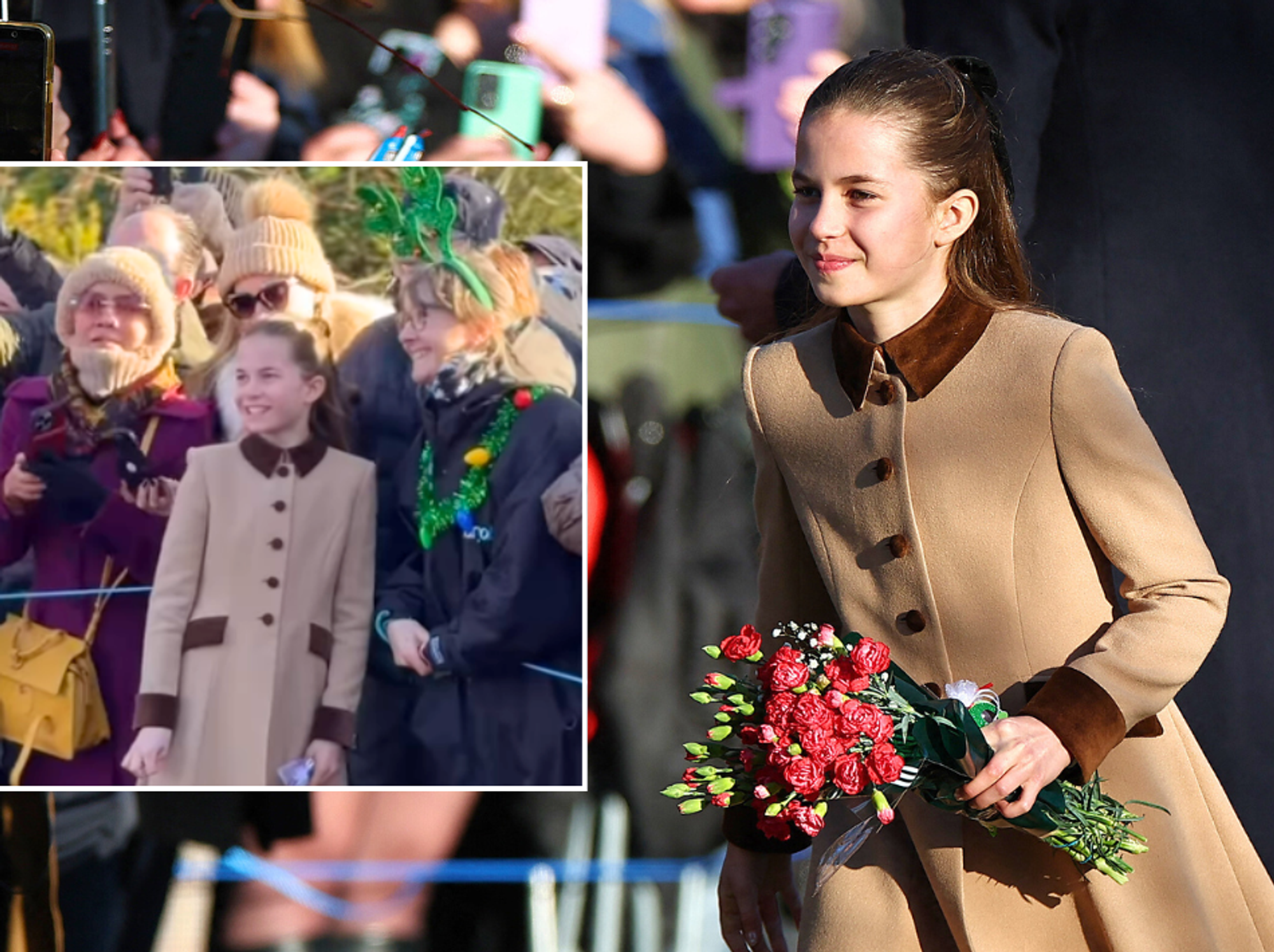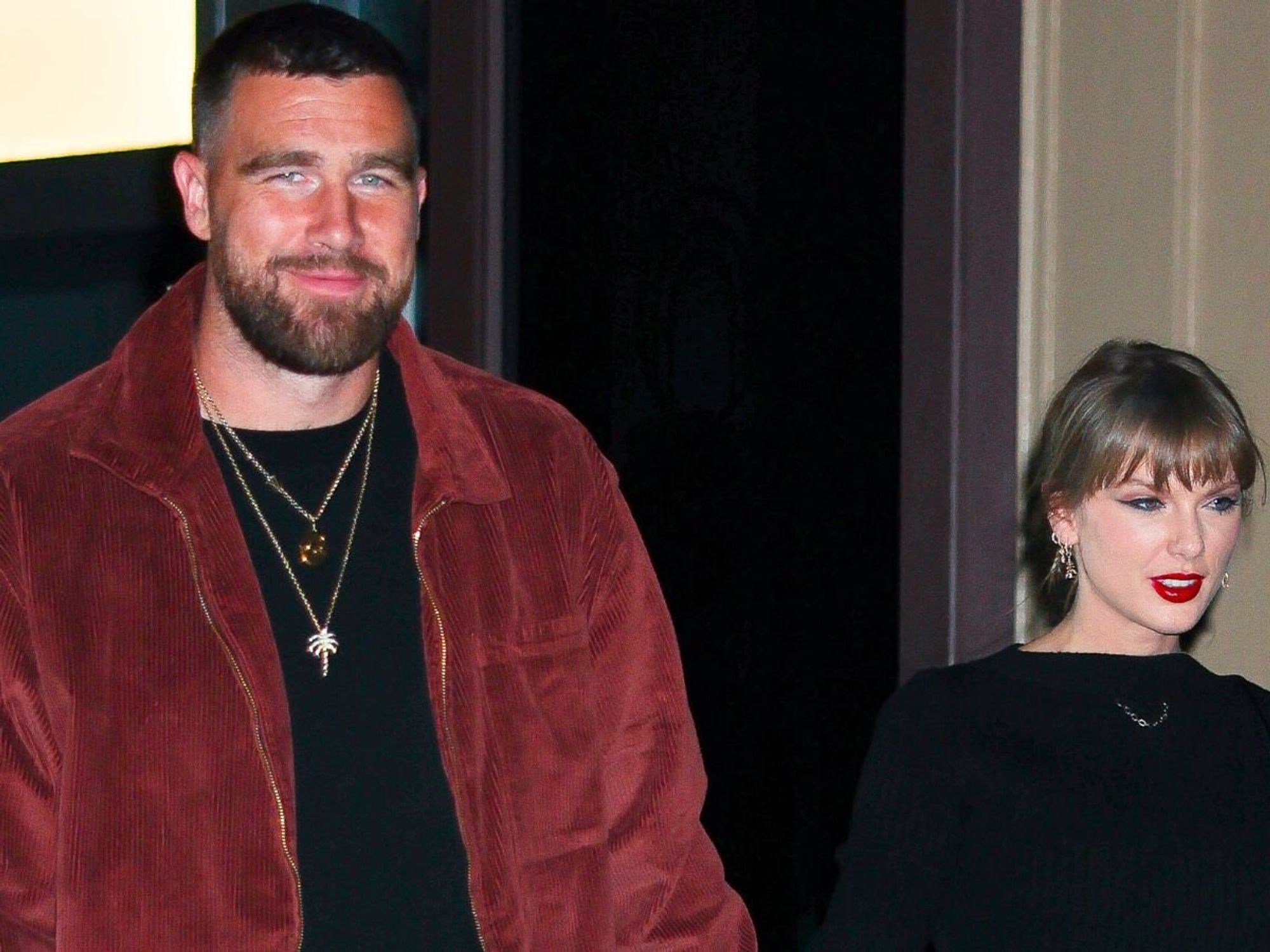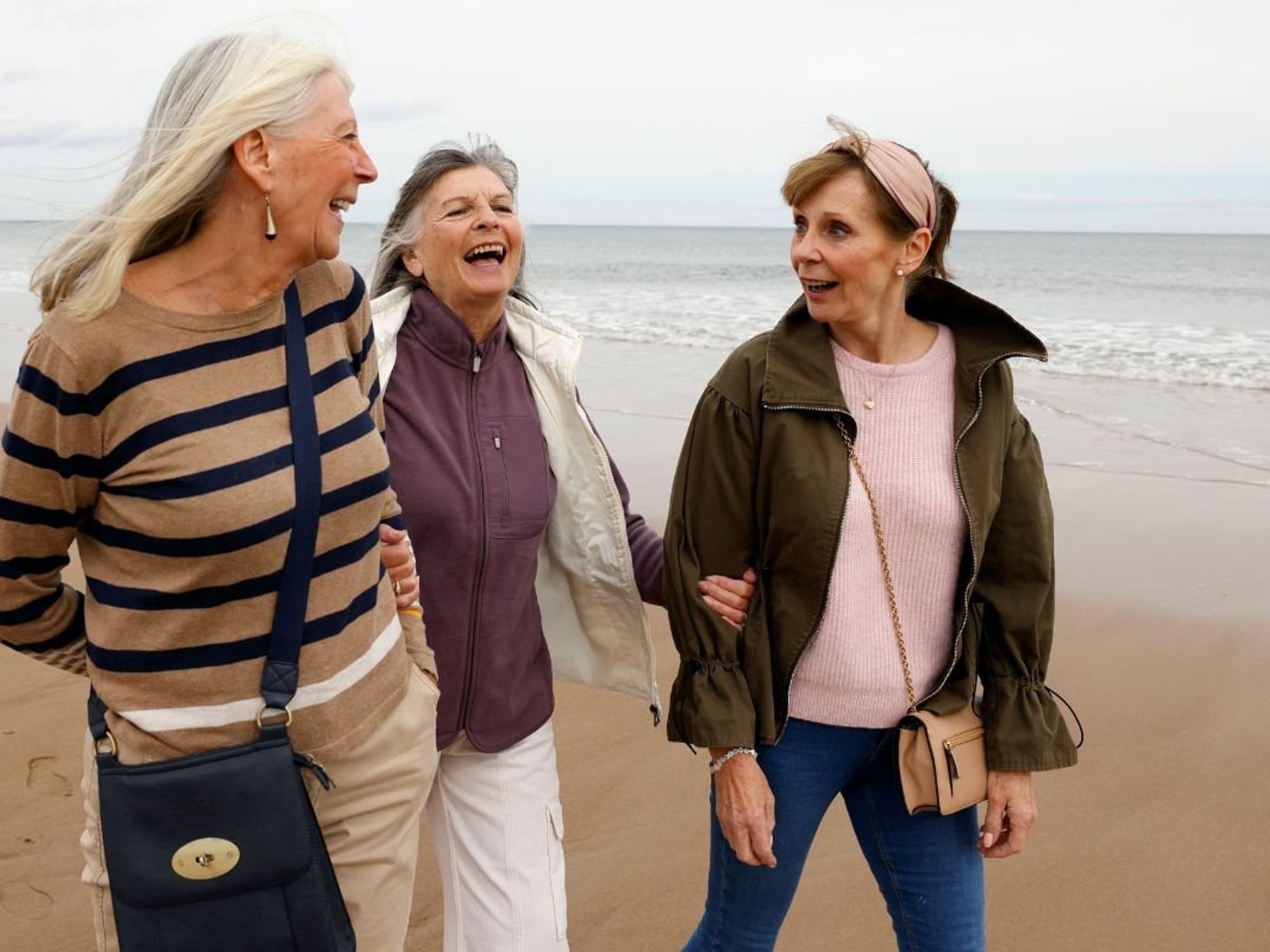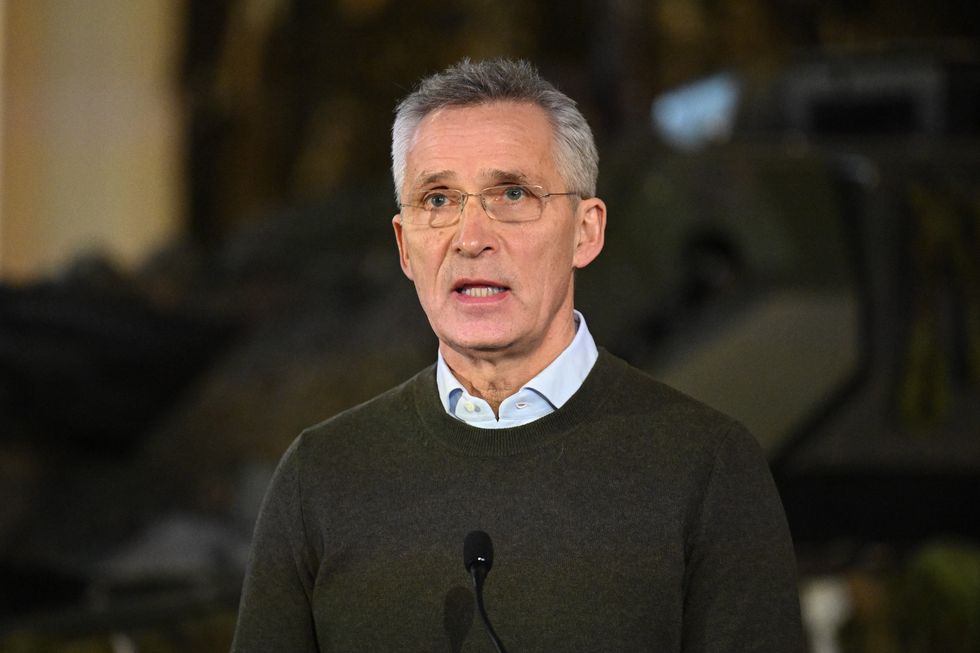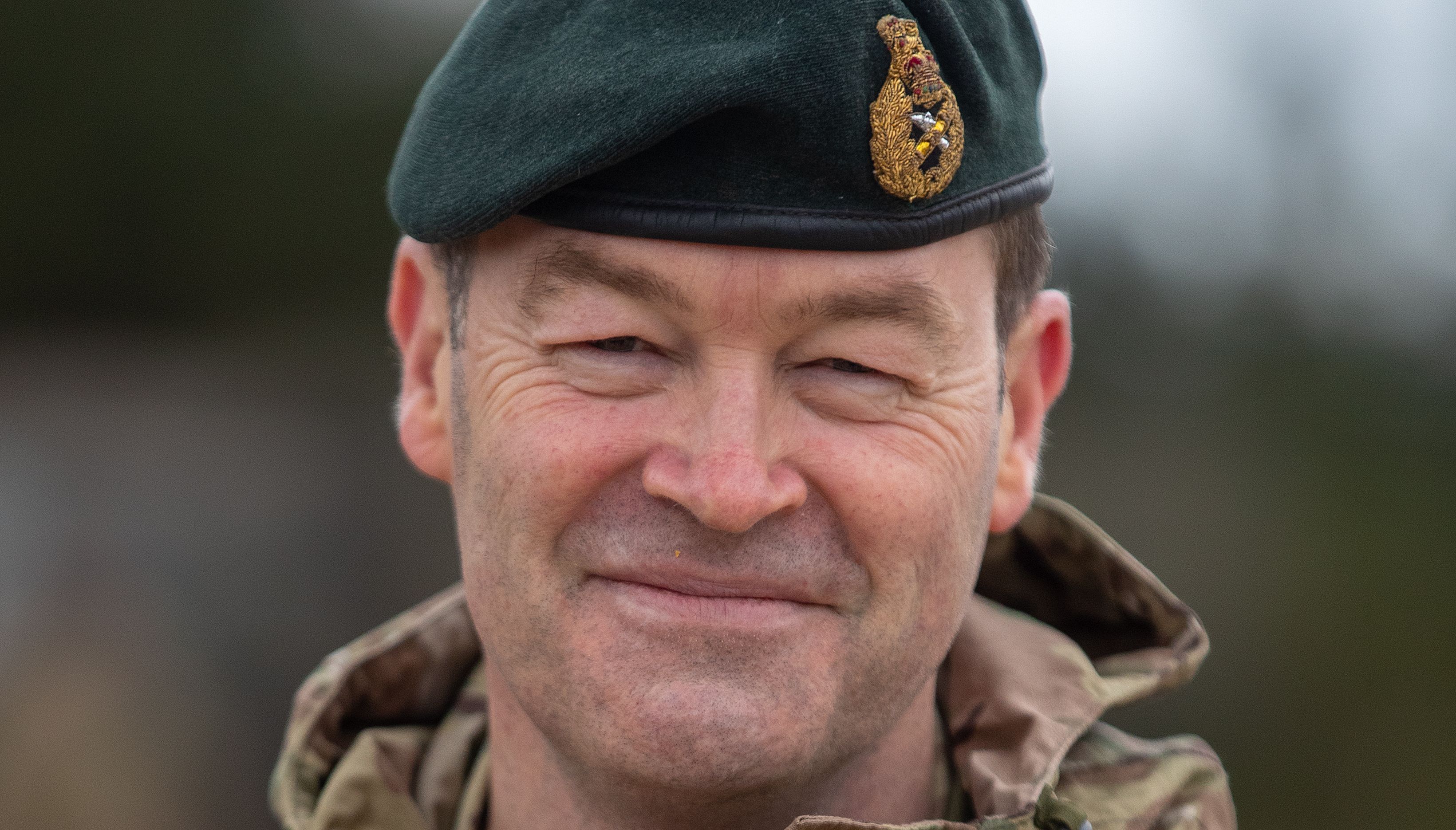NATO to bolster available troops across Europe from 40,000 to 300,000 as Putin's Ukraine invasion continues
The alliance's secretary general Jens Stoltenberg says he expects the troops to be 'ready by next year'
Don't Miss
Most Read
NATO has signalled its intent to increase the number of troops being held at high readiness across Europe from 40,000 to 300,000.
The move is intended to protect NATO’s eastern members against any attempt by Russia’s Vladimir Putin to expand his territory following the Ukraine invasion.
Speaking on arrival at the NATO summit in Madrid, the alliance’s secretary general Jens Stoltenberg said: “I expect them to be ready by next year, we will take the decision now and then we will start implementation, and then they will be available and ready next year, that’s the plan.”
The troops would be based in their home countries but would be “pre-assigned to specific territories” to be ready to bolster defences there, with heavy equipment and supplies already in place should they be needed.
Mr Stoltenberg added: “That combination of those three factors – pre-positioned equipment, more forward-deployed forces and high-readiness forces based in the homeland but ready to deploy – are, at least for the land element, the most important elements of how we are going to strengthen deterrence and defence.”
Jens Stoltenberg
Leon Neal
It comes after the new head of the army said Britain and its western allies must be “unequivocally prepared to fight” if Russia launches an attack on NATO territory.
General Sir Patrick Sanders, the Chief of the General Staff (CGS), said Russia is likely to emerge from the conflict in Ukraine as an even greater threat to European security.
He said it is essential NATO has the forces in place to deter future “land grabs” by Russian President Vladimir Putin.
Speaking at the Royal United Services Institute land warfare conference in London, he warned any further cuts to the size of the British Army would be “perverse”.
General Sir Patrick Sanders
Andrew Matthews
Sir Patrick likened the current situation to the run up to the World War 2, saying Mr Putin’s “brutal aggression” in Ukraine represents the greatest threat to European peace and democracy in decades.
“This is our 1937 moment. We are not at war, but must act rapidly so that we aren’t drawn into one through a failure to contain territorial expansion,” he said.
“In Ukraine, we have seen the limitations of deterrence by punishment. It has reinforced the importance of deterrence by denial.
“We must stop Russia seizing territory rather than expecting to respond to a land grab with a delayed counter offensive.
“To succeed, the British Army, in conjunction with our NATO allies and partners, must be in place or at especially high readiness – ideally a mix of both. Trip wires are not enough.
“If we fail to deter, there are no good choices given the cost of a potential counter attack and the associated nuclear threat.
“We must therefore meet strength with strength from the outset and be unequivocally prepared to fight for NATO territory.”






